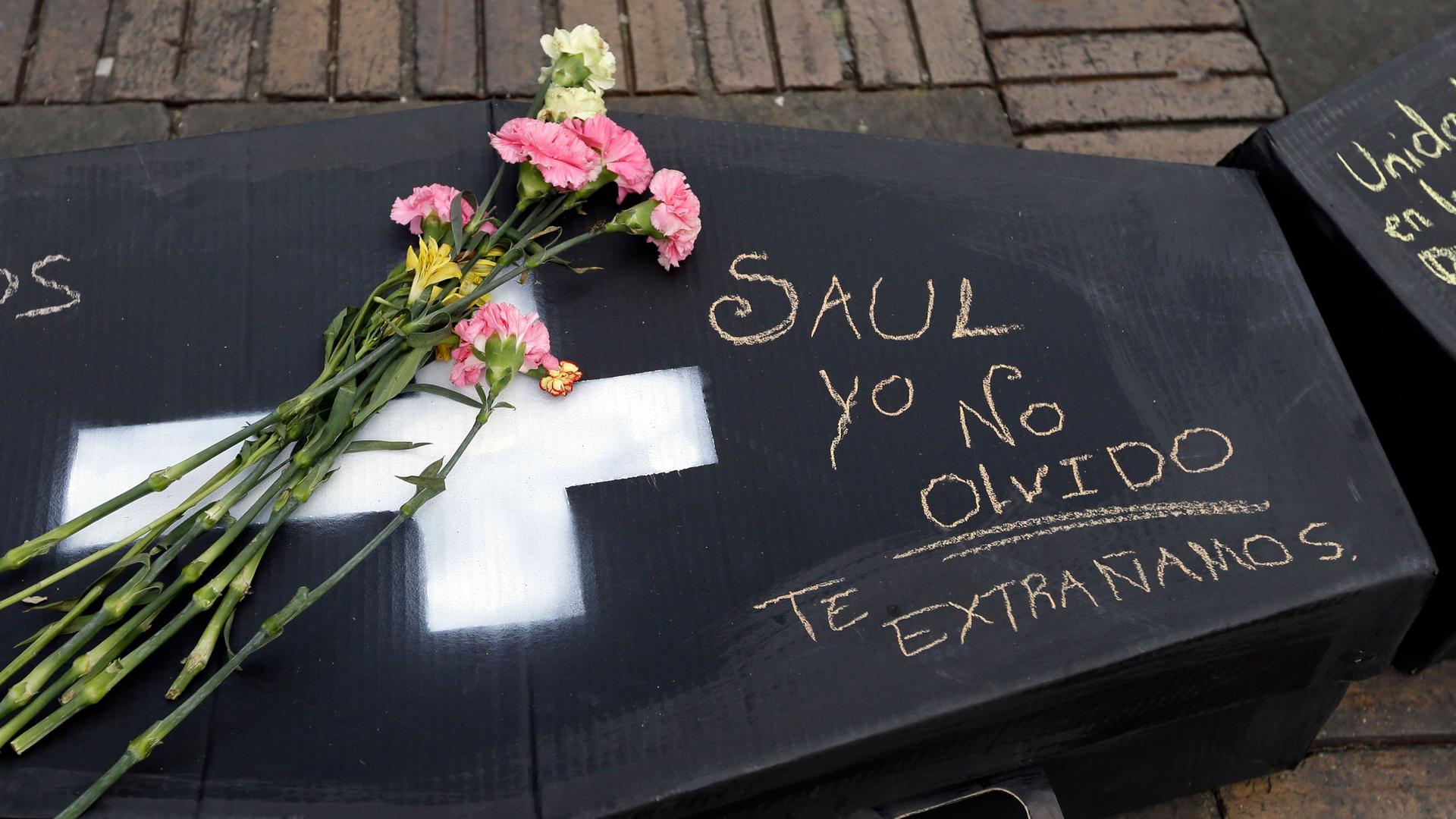This analysis was featured in Critical State, a weekly foreign policy newsletter from Inkstick Media. Subscribe here.
How do people carry on in the wake of violence? Much of international relations looks at the how of violence, at the ways and means of doing harm and shaping politics through it. The aftermath of that violence is then a fixed point, full of broken bodies and broken people, the harm done treated as a narrative end.
Related: Discourse of justice: Part I
But human experience is much broader than that. The study of love and care as emotions and as having an impact of their own suggests there is much more of a political dimension to life after violence. In “Taking Love and Care Seriously: An Emergent Research Agenda for Remaking Worlds in the Wake of Violence,” authors Roxani Krystalli and Philipp Schulz strive to bring discussions of love and care into the broader academic discourse over how to understand people’s reaction to violence through practices that sit outside of furthering violence.
Last week, we looked at how a human rights discourse is used to advance political claims by Colombians who are excluded from the state. Krystalli and Schulz’s work on love and care, too, features interviews with the victims of violence in Colombia.
“Talking to you is political work. Talking to people all day — victims, state officials, the public — that is political work. I talk to people about being displaced, about losing everything,” a victim leader in Bogotá’s Rafael Uribe neighborhood told the authors. “Then I talk to people about the struggle (la lucha) to deal with all these entities. Talking to hundreds of students, from Universidad Nacional, from Spain, from Sweden, that’s work. Knocking on doors all day to see if people have all the forms they need, if they have medicine, if they have services. That’s work, political work.”
Related: Managing the aftermath: Part I
As the authors’ document, there’s a space for conversations about harm and healing, but what can be more challenging for people is to express the loss of meaningful bonds forged by the conflict. The authors interview a former guerilla who said she experienced greater camaraderie and brotherhood among her former unit than she ever did with her siblings. It’s a loss felt acutely after demobilization.
This sense of disconnection from community and purpose after demobilization is not uncommon among returned soldiers. But for the former guerrilla interviewed, it takes on an additional political dimension when she feels that she cannot publicly express that aching loss of no longer serving with her former unit because it might give people the impression she longs for a return to violence, or it might suggest that she sees the war as still unsettled. This same sentiment is reflected in the other theater of field research, interviewing former child soldiers pulled into war in Uganda. Demobilization, even demobilization from a horrific force, means breaking the bonds of purpose and camaraderie that held the formation together in the first place.
Related: Managing the aftermath: Part II
“In more practical and applied ways, then, taking love and care seriously also carries the potential to craft more careful policies and programs in (post-)conflict and transitional settings,” conclude the authors, noting that an emphasis on the interdependence of people in and after war offers an alternative framework to just thinking about individuals. In the wake of violence, people can heal and pursue politics through the lens of care. Politics then becomes love by other means.
Critical State is your weekly fix of foreign policy analysis from the staff at Inkstick Media. Subscribe here.
